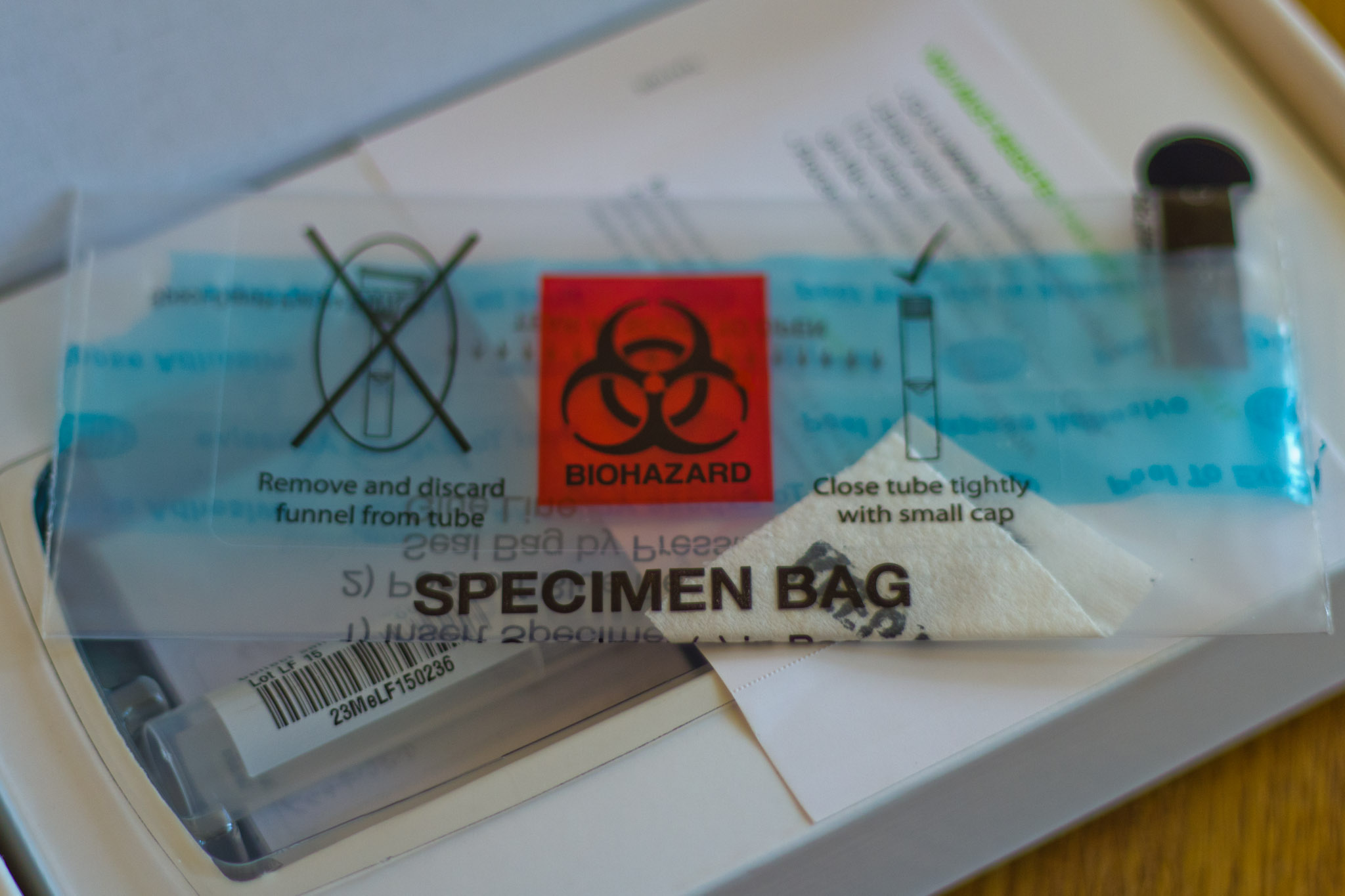CGS-authored

The US Food and Drug Administration (FDA) has, for the first time, granted permission to a company to provide limited health information directly to consumers, bypassing the need for doctors or genetic counselors.
The company in question is 23andMe, a prominent direct-to-consumer (DTC) genetic testing service based in Mountain View, California. On 6 April 2017, the FDA provided 23andMe with approval to screen for ten health-related genetic conditions.[1]
Recent years have seen the cost of genetic sequencing fall at an astonishing rate,[2] which has helped enable the advancement of the DTC genetic testing industry. According to Anne Wojcicki, 23andMe’s co-founder and chief executive, “customers want their genetic data.”[3]
However, genetic testing is not a panacea for understanding individual health risks. Genetic variants do not inform you that you have a disease, but that you have a certain percentage likelihood of someday getting it. It remains unclear how useful this information really is.
In its news release, the FDA announced: “Consumers can now have direct access to certain genetic risk information, but it is important that people understand...



